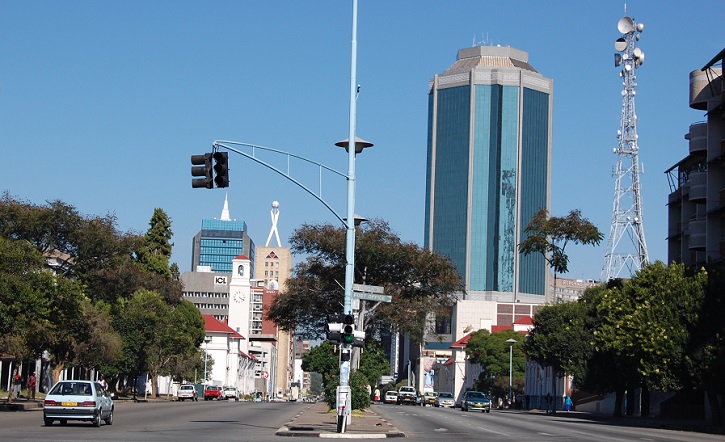Zimbabwean lawyer Simba Machiridza has written a white paper on the state of the preparedness of the country as a base for Bitcoin companies. He concludes that Zimbabwe is an ideal destination.
Machiridza believes Bitcoin offers a viable alternative to Zimbabwe’s current financial framework, and wrote the paper in order to analyze whether it would be possible for Bitcoin to be adopted in the country, which has a multicurrency regime.
He concludes in the white paper that the laws currently in place in Zimbabwe would permit the application of Bitcoin, should the authorities adopt an open interpretation of their provisions. For Machiridza, these laws, along with Zimbabwe’s large Internet penetration, make the country an ideal place to launch Bitcoin firms. He writes:
“In any event Bitcoin offers a more convenient and cost effective method which would make it attractive to the citizens who desperately need an alternative payment mechanism to the ones currently in place.”
Bitcoin adoption in Africa is low, with only South Africa and Kenya having introduced any form of regulation on the subject. He attributes Zimbabwe’s ripeness for bitcoin uptake to the country’s multicurrency financial system.
In February 2009, the government there effectively abandoned the Zimbabwean dollar and liberalized its foreign exchange regime to allow economic actors to use multiple currencies when charging for their goods and services. Last month the Reserve Bank of Zimbabwe (RBZ) announced it was embarking on a demonetization program for the country’s dollar. The regime allows nine different currencies.
Liquidity remains an issue in Zimbabwe, with mobile money services seeing large uptake. For Machiridza, this is another positive sign for the future of Bitcoin in the country. Though they lack clear regulation on e-commerce and electronic banking, the Reserve Bank is working on an electronic payment system regulation, while existing frameworks — such as the National Payment Systems Act — allow for the launch of Bitcoin companies. He said:
“The issue the Bitcoin community might have with this set up is that the supervision and regulation they pride their system not to have will not be in existence as the Central Bank will have a role to play in the setup and consequent administration of payments between entities.”

